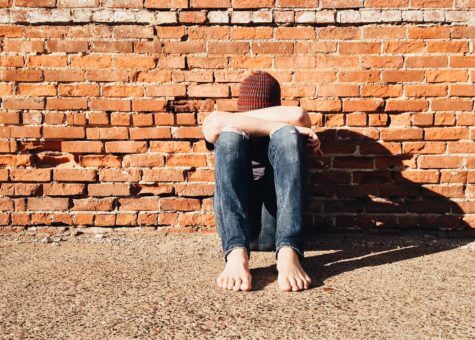COVENTRY, England — There’s nothing beautiful about bullying. So perhaps that’s why people who were either picked on or picked on others as a kid are significantly more likely to actively explore getting plastic surgery, a new study finds.
Researchers at the University of Warwick in England examined around 800 adolescents in the UK, hoping to determine how their experiences with bullying, or lack thereof, affected their outlook on cosmetic operations.

The adolescents, who were between the ages of 11 and 16, were analyzed by the researchers to not only gauge the depth of any existing emotional problems, but their levels of self-esteem, both physically and psychologically.
They were also instructed to take established diagnostics, one of which is aptly titled the Acceptance of Cosmetic Surgery Scale.
The analyzed group, for the sake of clarity, included not only bullies and the bullied, but those who had had no bullying encounters.
Compiling their data, the researchers found that 11.5 percent of bullying victims had “an extreme desire” to undergo plastic surgery.
This compared to 3.4 percent of bullies, and less than one percent of those who didn’t encounter bullying in any form.
“Being victimized by peers resulted in poor psychological functioning, which increased desire for cosmetic surgery,” says study author Professor Dieter Wolke of the university’s Department of Psychology and Warwick Medical School, in a school press release. “For bullies, cosmetic surgery may simply be another tactic to increase social status … to look good and achieve dominance.”
Interestingly, simultaneously being both a bully and bullied was associated with an 8.8 percent chance of being extremely enticed to go under the knife.
Perhaps less surprisingly, girls (7.3 percent) were more likely than boys (two percent) to have an extreme desire for undergoing plastic surgery.
It was found that bullies and the bullied had different reasons for desiring cosmetic adjustments.
Namely, bullies wanted to improve their appearance, while improving their social status. Those who were bullied, meanwhile, fantasized that it would help improve their chances at escaping victimhood.
With around 230,000 of the nearly 16 million surgically- and minimally-invasive procedures performed in 2015 and 2016 in the U.S. having been completed on those aged 13-to-19, it is clear that many youths are making radical, often permanent decisions.
To prevent unwarranted operations, the study’s authors recommend “that cosmetic surgeons should screen candidates for psychological vulnerability and history of bullying.”
The study’s findings were published in the journal Plastic and Reconstructive Surgery.

Comments